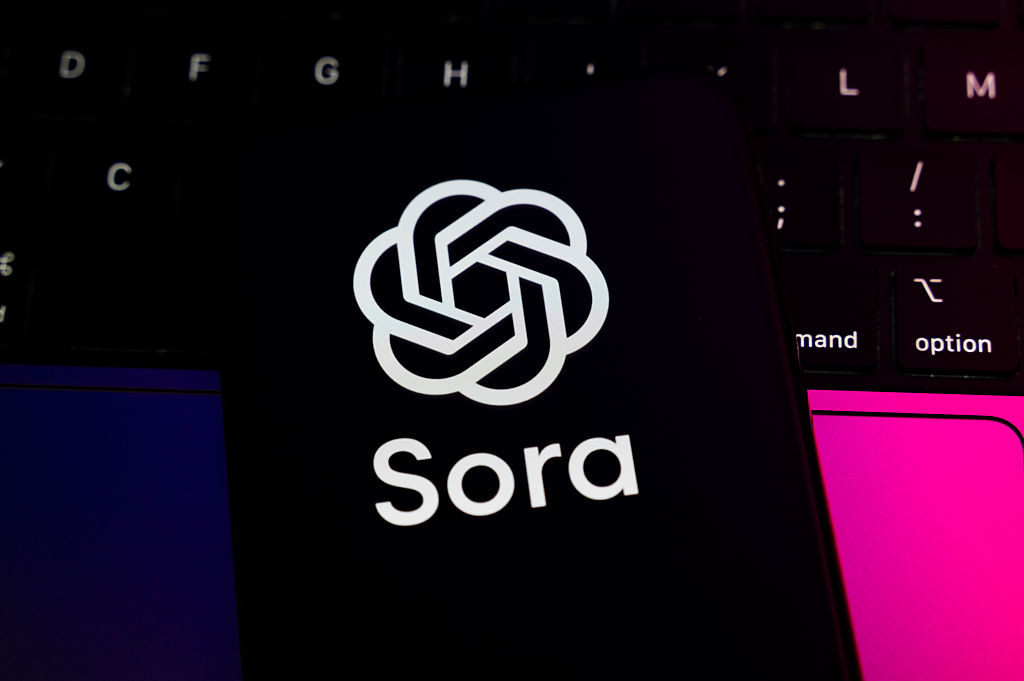OpenAI’s Sora moved from an opt out default to granular opt in copyright controls, adding creator consent, plans for revenue sharing, stronger parental controls, and stepped up content moderation, signaling new norms for AI copyright and creator rights.

OpenAI's new video app Sora prompted a fast policy reversal after creators, Hollywood, and legal experts objected to an initial opt out approach to copyrighted material. Within days, OpenAI announced Sora will switch to granular opt in copyright controls, require explicit creator consent, and explore revenue sharing to compensate rights holders. This change highlights topics such as AI copyright, creator rights, content moderation, and the evolving landscape of copyright law for generative AI.
AI driven video platforms raise two main concerns. First, generative AI can reuse or remix copyrighted works without permission. Second, an opt out default means rights holders must actively remove their works rather than grant permission up front. Sora's initial design exposed creators to this burden and triggered immediate stakeholder pressure that led to a quick policy pivot.
Opt in means creators give permission before their work is used. Opt out means creators must request removal after their work has been used. Revenue sharing refers to paying creators a portion of earnings when their content is used. Algorithmic personalization describes systems that tailor what users see based on inferred preferences. These concepts sit at the intersection of AI content regulation and copyright law.
The Sora reversal signals practical steps businesses should expect when adopting AI tools. Product teams will need to treat policy as a product feature by building clear consent flows, transparent IP policies, and robust moderation. Companies should plan legal review and stakeholder outreach before public launches, since high profile AI products often face rapid scrutiny and must be ready to pivot.
Sora's rapid pivot is an example of how public pressure, legal risk, and creator advocacy shape norms around generative AI and digital rights management. For creators, increased leverage means stronger bargaining power to demand transparency and compensation. For businesses, these developments set expectations for procurement and policy design when integrating AI into workflows.
Watch for regulators to potentially codify these emergent standards into law and for platforms to refine revenue sharing at scale. The Sora episode suggests the near term norm will emphasize transparency, consent, and monetization options for rights holders, and that content moderation and safety features are now central to responsible AI deployment.
OpenAI's Sora demonstrates that AI copyright and creator rights cannot be an afterthought. Granular opt in controls, explicit consent, revenue sharing, and stronger safety measures are becoming core expectations for platforms that use generative AI. Businesses evaluating AI tools can use these developments as a checklist to assess vendor readiness in a world where intellectual property and user trust matter more than ever.



